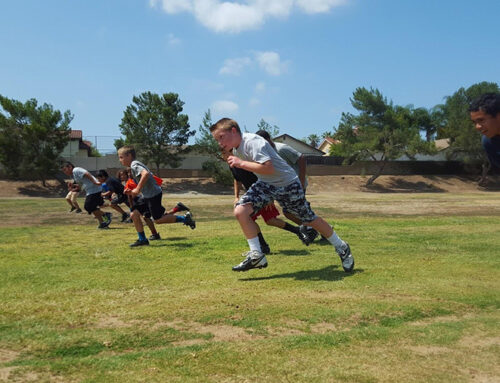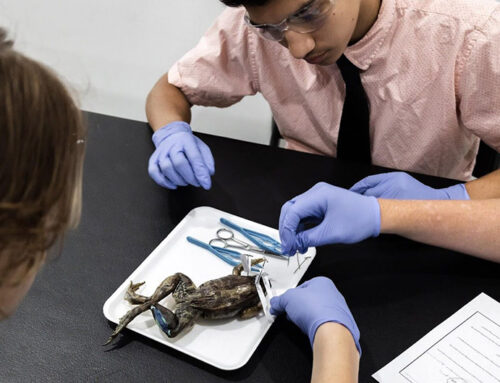For young student-athletes, balancing schoolwork, sports, and social activities can be a demanding challenge. Amidst all the hustle, one critical aspect that often gets overlooked is the importance of rest and sleep. Adequate rest is not just a luxury; it is a fundamental component of athletic performance, cognitive function, and overall well-being. Understanding the importance of rest and sleep can significantly impact a young athlete’s success, both on and off the field.
The Role of Sleep in Physical Recovery
Sleep is essential for physical recovery, especially for athletes who regularly put their bodies through intense training and competition. During sleep, the body goes into repair mode. Muscles recover from the strain of exercise, and tissues are repaired, leading to improved strength and endurance. Growth hormone, crucial for muscle development and repair, is primarily released during deep sleep stages. Without sufficient sleep, this recovery process is compromised, leading to increased risk of injury, slower healing, and reduced performance.
For young athletes, who are still in their growth phase, sleep is even more critical. Their bodies are not just repairing from the day’s activities but are also undergoing significant developmental changes. Inadequate sleep can interfere with this growth, affecting not only their athletic abilities but also their overall physical development.
Cognitive Benefits of Adequate Sleep
Rest and sleep are not only about physical recovery but also play a crucial role in cognitive functioning. For student-athletes, who must juggle academic responsibilities along with their athletic commitments, cognitive sharpness is vital. Adequate sleep enhances memory, learning, and problem-solving skills, all of which are essential for academic success. Studies have shown that students who get enough sleep tend to perform better in school, demonstrating improved concentration, better grades, and a more positive attitude towards learning.
Moreover, sleep is crucial for decision-making and reaction time, both of which are critical in sports. A well-rested athlete is more likely to make quick, accurate decisions on the field, leading to better performance and a reduced likelihood of errors. Conversely, sleep deprivation can lead to slower reaction times, impaired judgment, and decreased focus, putting the athlete at a competitive disadvantage.
The Impact of Rest on Mental Health
Mental health is an often-overlooked aspect of an athlete’s overall well-being, but it is closely linked to rest and sleep. Adequate sleep helps regulate mood, reduces stress, and improves emotional resilience. Young athletes who do not get enough rest are more prone to anxiety, depression, and mood swings, which can negatively impact both their performance in sports and their ability to cope with academic and social pressures.
Additionally, the intense demands of being a student-athlete can lead to burnout, a state of physical and mental exhaustion that results from prolonged stress and overtraining. Regular rest and proper sleep are essential for preventing burnout, ensuring that athletes remain motivated, focused, and passionate about their sport.
Creating a Balanced Schedule
Given the importance of rest and sleep, it is crucial for young athletes and their parents or coaches to prioritize these elements in their daily routines. Creating a balanced schedule that allows for sufficient sleep, rest days, and downtime is key to maintaining optimal performance. This might involve making tough decisions, such as reducing the number of extracurricular activities or cutting back on late-night study sessions, but the long-term benefits of such adjustments are well worth it.
Parents and coaches play a significant role in promoting healthy sleep habits. They can encourage young athletes to maintain a consistent sleep schedule, create a relaxing pre-sleep routine, and emphasize the importance of quality sleep over simply logging more hours of training. Educating young athletes about the benefits of sleep and rest can empower them to make informed decisions about their health and performance.
Rest and sleep are foundational elements for the success and well-being of young student-athletes. Beyond just physical recovery, adequate sleep enhances cognitive function, supports mental health, and helps prevent burnout. By prioritizing rest and creating balanced schedules, young athletes can maximize their potential both on the field and in the classroom, setting themselves up for long-term success and a healthier, more fulfilling life.-Boostman

Owner, Boost Training Systems in Corona, CA
Level 1 & 2 Coach Bommarito Performance
CSCS, USAW




















